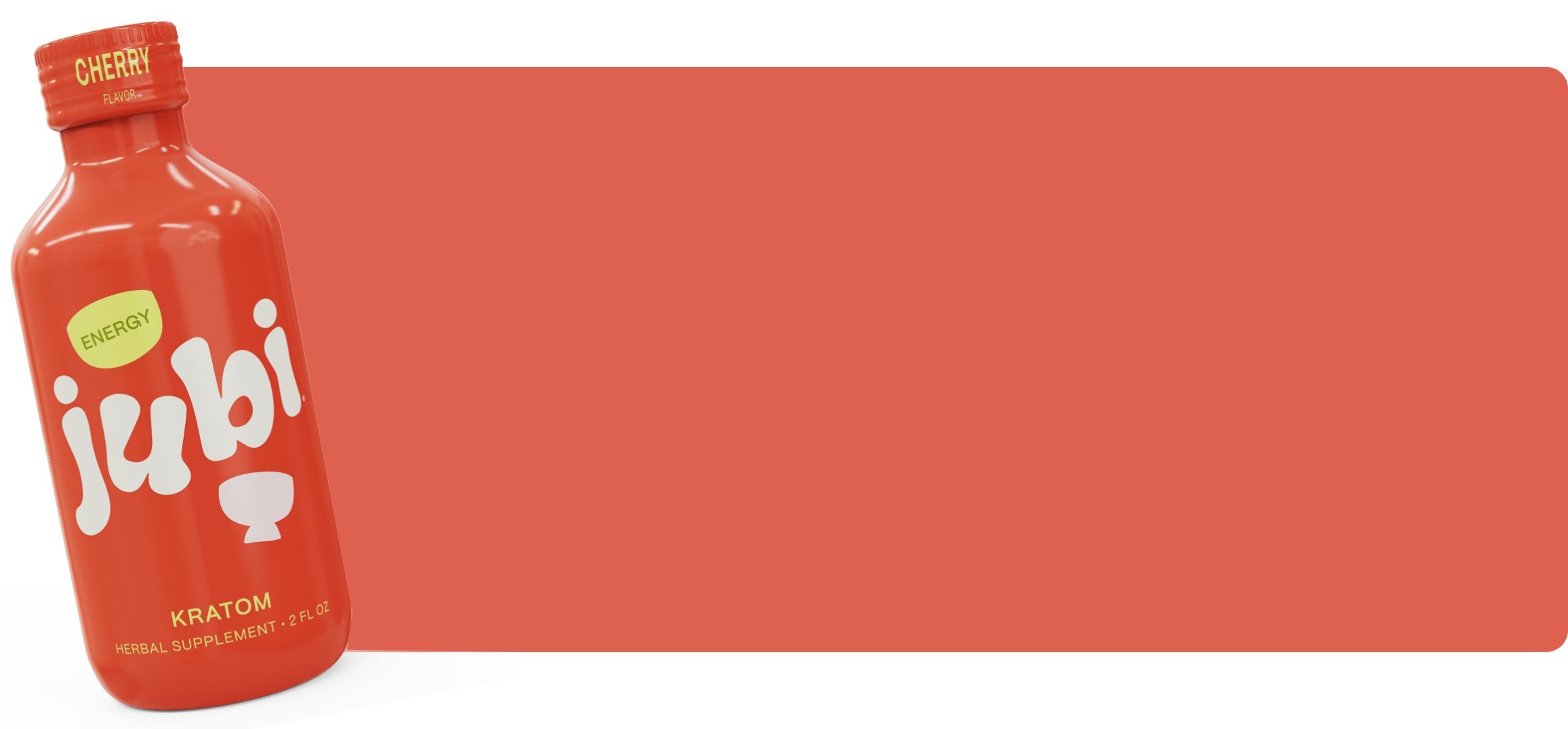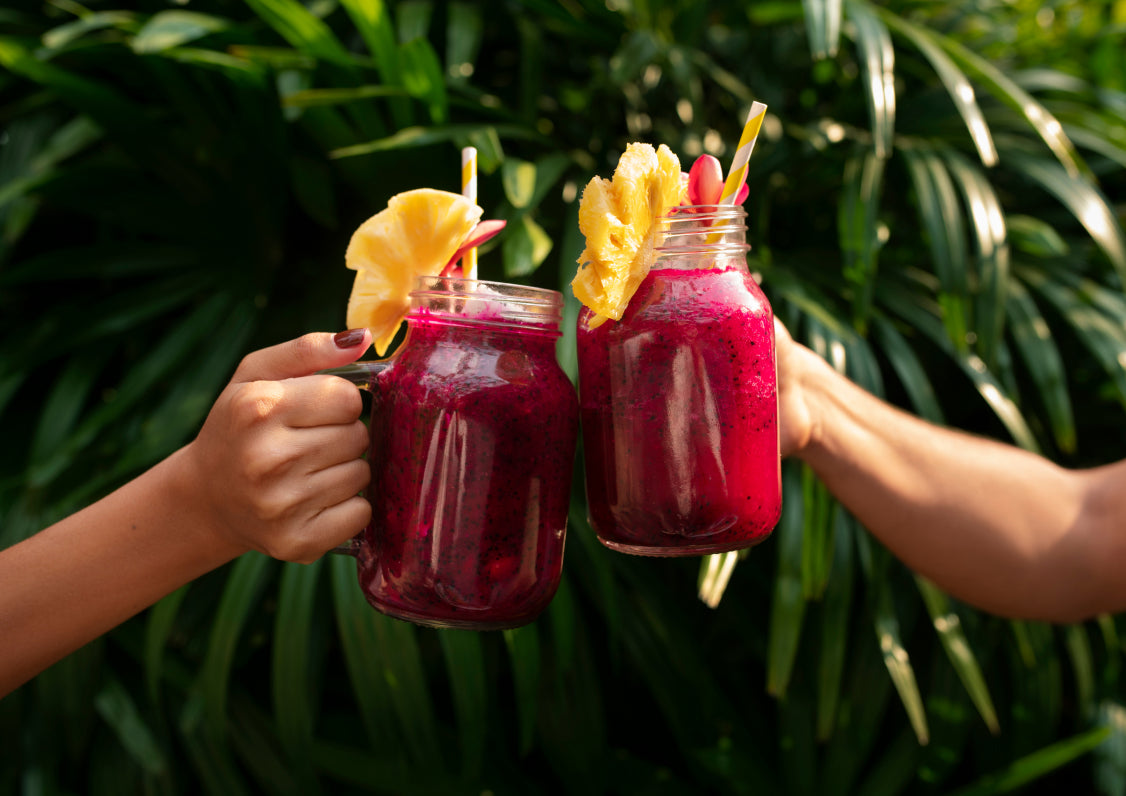At Jubi, we are dedicated to providing high-quality, ethically sourced, and thoroughly inspected products. As alternative substances like kava and kratom gain popularity, their legal status in the United States remains a topic of debate.
In this guide, we break down whether kava is legal, where it is restricted, and what the future of kratom regulation looks like.
What Is Kava? Is Kava Legal in the United States?
Kava is derived from the root of the Piper methysticum plant, traditionally used in Pacific Island cultures for its calming effects. Many people drink kava for:
✅ Relaxation and stress relief
✅ Social bonding
✅ Mild euphoria
But is kava legal in the United States? Yes, kava is federally legal, but some states have placed restrictions on its sale and consumption.
Where Is Kava Illegal or Restricted in the U.S.?
- Federally: Kava is legal, but the FDA has issued warnings about its potential health risks.
-
State Restrictions:
- Louisiana – Kava is regulated as a controlled substance for human consumption.
- Indiana – Kava-containing supplements must comply with specific regulations.
Some states may restrict kava sales in bars or specific types of beverages, so checking local laws is essential.
Is Kratom Legal in the United States?
Kratom (Mitragyna speciosa) is a plant native to Southeast Asia, often used for energy, focus, and mild pain relief. While some praise its benefits, its legal status is complex and varies by state.
Current U.S. Kratom Regulations
✅ Federally Legal: The DEA attempted to ban kratom in 2016, but public outcry led to its continued legality at the federal level.
❌ Banned in Certain States: Some states and cities have restricted or banned kratom, including:
- Alabama
- Arkansas
- Indiana
- Rhode Island
- Wisconsin
- Select local jurisdictions (e.g., San Diego, CA).
Future Kratom Regulations: Is Change Coming?
There is ongoing lobbying and research to regulate kratom rather than ban it outright. The American Kratom Association (AKA) is pushing for the Kratom Consumer Protection Act (KCPA) to establish safety standards nationwide.
This means the future of kratom legality could shift, leading to clearer regulations rather than outright bans.
FDA and Alternative Substances: What’s the Concern?
The FDA does not approve kava or kratom for medicinal use due to a lack of comprehensive research. Concerns include:
- Kava: Potential links to liver toxicity (though many studies now dispute this claim).
- Kratom: Possible dependency risks when misused.
However, ongoing scientific studies and public advocacy efforts aim to provide clearer guidance on safe use.
Jubi’s Commitment to Safe and Legal Kava & Kratom
At Jubi, we acknowledge these regulatory concerns but also recognize the potential benefits of these natural substances. That’s why we:
✅ Source only the highest-quality kava and kratom.
✅ Ensure third-party lab testing for purity and safety.
✅ Stay updated on all regulatory changes to provide compliant products.
Final Thoughts: Is Kava Legal? What’s Next for Alternative Substances?
Yes, kava is legal in most of the U.S., but it faces restrictions in some states. Kratom, on the other hand, remains a hotly debated substance, with some areas banning it while others push for regulated safety measures.
As research evolves, so will the legal status of these alternative botanicals. At Jubi, we remain committed to keeping our customers informed, safe, and supplied with the best-quality kava and kratom on the market.
💬 Have questions about kava or kratom laws? Drop a comment below!





